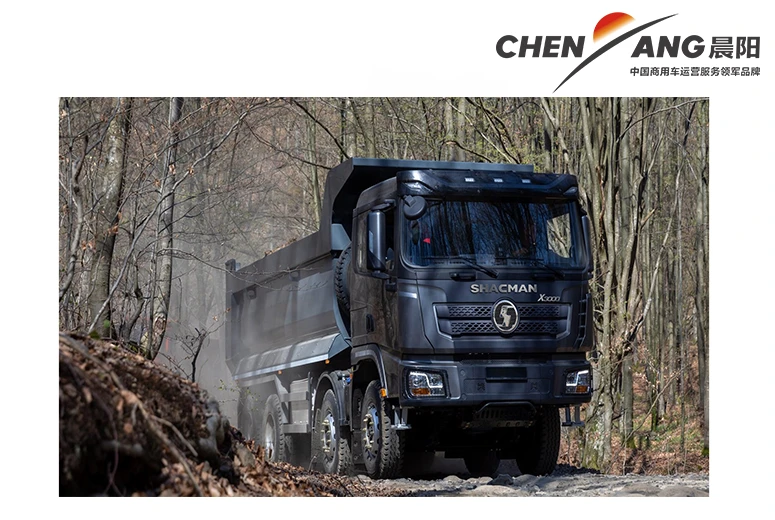battery operated agricultural machinery
Battery Operated Agricultural Machinery Revolutionizing Farming
In recent years, the agricultural sector has been experiencing a significant transformation, driven by advancements in technology and the pressing need for sustainable practices. One of the most promising developments is the rise of battery-operated agricultural machinery. This innovation is poised to revolutionize farming, offering numerous benefits that address the challenges faced by today’s farmers while also promoting environmental sustainability.
The Need for Sustainable Farming Practices
Traditional farming equipment, primarily powered by fossil fuels, has been associated with high greenhouse gas emissions, air pollution, and increased operational costs. As global concerns about climate change intensify, there is an urgent need for solutions that reduce the carbon footprint of agricultural activities. Battery-operated machinery offers a compelling alternative to conventional equipment, enabling farmers to maintain productivity while significantly reducing their environmental impact.
Advantages of Battery-Powered Agricultural Machinery
1. Reduced Emissions One of the most compelling advantages of battery-operated systems is their zero-emission operation. Unlike diesel or gasoline-powered machines, electric machinery does not release harmful pollutants into the atmosphere. This is particularly crucial in densely populated farming regions where air quality can be a significant concern.
2. Lower Operating Costs While the initial investment in battery-operated equipment may be higher, farmers can benefit from lower operating costs over time. Electricity is often cheaper than fossil fuels, and the maintenance for electric machines is generally less expensive; they have fewer moving parts and do not require oil changes or complex exhaust systems.
3. Noise Reduction Battery-operated machinery tends to be much quieter than traditional farming equipment. This not only improves the working conditions for farmers and farmworkers but also minimizes noise pollution in rural communities, fostering a more pleasant environment.
4. Versatility and Innovation The recent surge in battery technology has led to the development of diverse agricultural equipment, including tractors, harvesters, and drones powered by batteries. These machines come equipped with innovative features such as GPS technology, precision farming capabilities, and automation, which can increase efficiency and boost crop yields.
battery operated agricultural machinery

Challenges and Considerations
Despite the numerous advantages, the adoption of battery-operated agricultural machinery is not without challenges. One major issue is the availability of charging infrastructure. Farmers may need to invest in establishing charging stations on their farms, which can pose a logistical challenge, particularly in remote areas.
Additionally, battery technology, while rapidly improving, still faces limitations in terms of range and recharge time compared to traditional fuel-powered equipment. Current batteries may not support extended hours of operation in larger farming operations without frequent recharging, which could disrupt workflow.
The Future of Battery Operated Machinery in Agriculture
The future of battery-operated agricultural machinery looks promising as several companies are investing in research and development to enhance battery life, reduce charging times, and increase the overall efficiency of electric machines. Governments are also playing a crucial role by providing incentives for farmers to transition to cleaner technologies, recognizing the importance of sustainability in the agricultural sector.
Moreover, the integration of renewable energy sources, such as solar and wind, can further enhance the sustainability of battery-operated machinery. By powering charging stations with renewable energy, farmers can significantly reduce their environmental footprint and promote a more sustainable farming model.
Conclusion
Battery-operated agricultural machinery represents a transformative shift in how farming is conducted. By reducing emissions, lowering operating costs, and minimizing noise, these advancements promise to create a more sustainable and efficient agricultural industry. As technology continues to evolve, and as society becomes increasingly aware of the need for sustainable practices, battery-operated machinery may become the cornerstone of modern, environmentally friendly agriculture. The move toward electrification in farming is not just a trend; it is an essential step toward a sustainable future for agriculture worldwide.
-
LZ504 32 Series Agricultural Tractor: Compact & Powerful Farm WorkNewsAug.19,2025
-
plastic pipe fittings-Chenyang Group|Durable&CustomizableNewsAug.18,2025
-
Plastic Industrial Pipe Fittings - Chenyang Group | Durable, Customizable, VersatileNewsAug.18,2025
-
8T Truck Mounted Crane: Powerful, Versatile Lifting SolutionsNewsAug.18,2025
-
Durable Plastic Pipe Fittings - Chenyang Group | Customizable, VersatileNewsAug.18,2025
-
High-Quality Plastic Industrial Pipe Fittings-Chenyang Group|Durable Customizable VersatileNewsAug.17,2025
Popular products

























